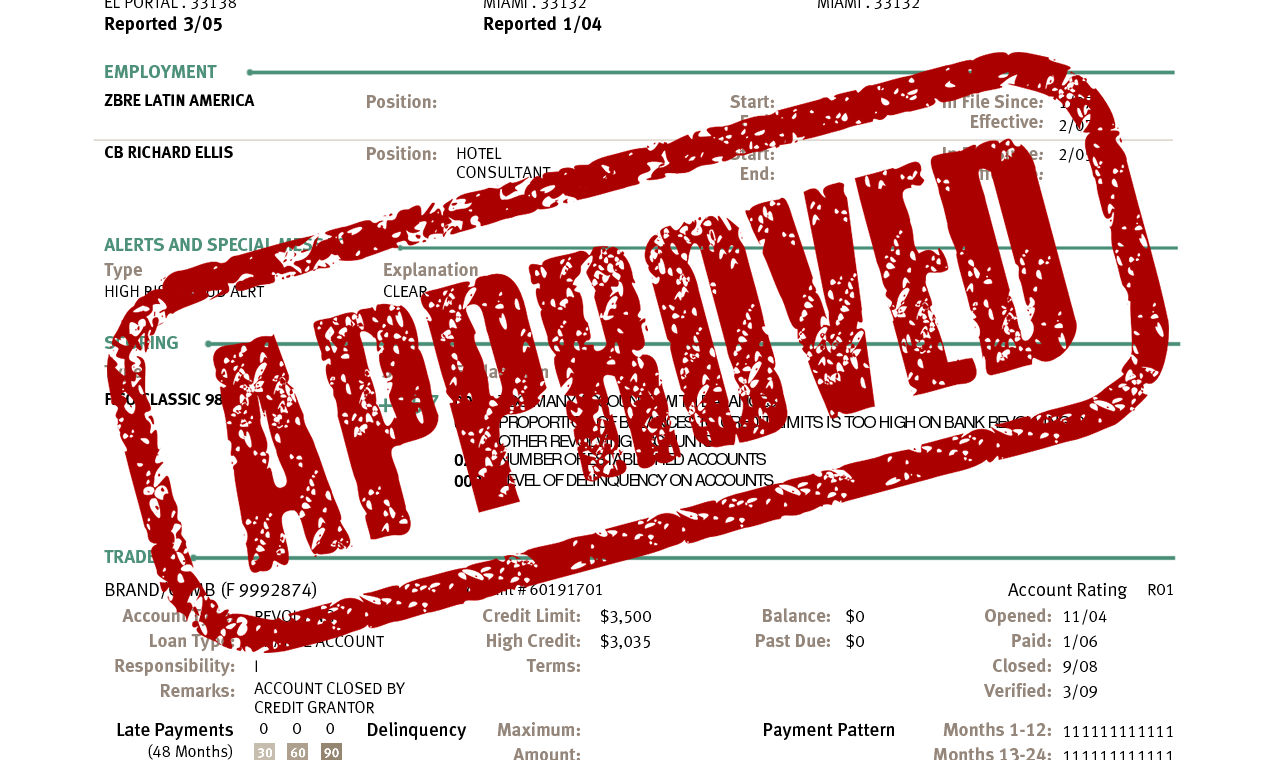7 Steps to Properly Screening Tenants
Whether you’re an accidental landlord renting out your Saratoga single family or a professional investor with multifamily units throughout Albany, Schenectady, and Troy, having an air-tight tenant screening process is the most important thing you can do to ensure your tenants pay rent on time, take care of your property, and ensure fair housing standards are followed.
However, good screening is much more than collecting a pay stub, and requires time and diligence to separate the great tenants from the nightmares-waiting-to-happen.
Here are some steps to take to maximize your chances of success in placing great tenants (Disclaimer - this is not legal advice, it's always recommended to have a qualified attorney review your landlord/tenant documentation and processes before implementing).
- Understand Fair Housing Laws
This is far and away the most important step, and until you fully understand your federal, state, and local fair housing laws, you may be exposing yourself to potential violations of various laws despite having the best intentions. There are 7 federally protected tenant classes, 5 more in New York State, and a lots of nuances that aren't always obvious to the inexperienced landlord.
For example, if you don’t allow dogs in your rental (perfectly legal), but deny a tenant application because he/she has a service dog, you have violated federal law. - Establish Approval Criteria
Prior to accepting your first application, create a standard set of criteria that all applicants must satisfy for approval, and follow it exactly. This is not only a good business practice, but provides further protection from unconscious bias from those screening applications.
For example, a good policy many landlords choose to adopt is to approve the "first application that meets approval criteria." But what happens if the landlord receives two applications back to back, and applicant #1 earns exactly the minimum amount of income required, but applicant #2 earns double the required income? The landlord may be tempted to approve applicant #2, but would have a very difficult time defending against claims of discrimination if the first applicant happened to be a protected class. - Verify Employment and Income
Most landlords will tell you that sufficient, reliable income is the most effective predictor of whether your tenants will reliably pay rent, and we'd agree. Having a gross income of 3 times rent is a pretty standard requirement of most landlords, but it's not a bad idea to compare this with other obligations as reported in their credit report.
For example, 3 times rent may not be enough if the tenant has a car payment that is as much as their rent payment. In addition, don't just take your applicants' word for it, verify their income by calling their employer and confirming employment, as well as typical hours worked. - Perform Credit Check
Credit scores can often be misleading, so it's usually best to pull a detailed credit report for each applicant and look closely at their credit history, and see if it tells a story. Many applicants are renting specifically because they lack the credit and/or income to buy a home, so rarely will a landlord have an applicant with flawless credit and great income, so it takes some interpretation of the credit report to understand the risks of taking on that applicant.
For example, if an applicant had bad credit due to a recent divorce, I might look at their credit history prior to the divorce to determine if they were a reliable payer before the divorce, and try to determine what financial obligations remained after the divorce, and if they had gotten back on track in the most recent months since. - Perform Background Check
As of the writing of this blog post, felons are not a protected class (this could change), so it is up to the landlord to decide whether to rent to felons or not. However, it's always a good idea to state this as a policy in your approval criteria for the reasons stated in #1. - Perform Eviction Check
It is not easy to evict someone in New York State, and even harder in many tenant-friendly cities like Albany, Schenectady, and Troy. Evictions are also far less common than most think, because if a tenant falls behind in rent or is just a bad tenant, a landlord will usually manage to convince them to move on their own accord by offering "cash for keys" or some other method of avoiding eviction court which doesn't show up on an eviction check.
Therefore, if an applicant has actually been evicted in the past, they were a really, really, really, huge headache for another landlord, and that tenant probably refused most reasonable means of terminating their lease voluntarily, to the point where a tenant-friendly judge ruled in favor of the landlord to have the tenant removed from the property. This tenant is probably not one you want, regardless of how much time has passed since eviction. - Contact Prior Landlords
In our experience, positive reviews from prior landlords is very predictive of future tenant performance, and goes a long way toward overcoming an applicant's questionable credit history. Good tenants generally don't turn into bad tenants overnight, so if they were solid for the prior landlord, they'll probably be solid for you as well.
To make sure your applicant has given you their actual prior landlord's info and not just Uncle Charlie's phone number to vouch for them, make sure to check the public records to ensure the person you're contacting was actually the owner of the property your applicant rented at the time.
Bonus Tip
Although there are no guarantees that your next tenant will be a great one, following these tips will help to maximize your chances for success as a landlord. And here's a bonus tip: remember to conduct the steps above for every occupant of the property over 18. Even if a single occupant satisfies all your screening criteria on their own, their live-in partner may have destroyed their last 3 apartments and be the town meth dealer, so you'll want to check them out as well.


